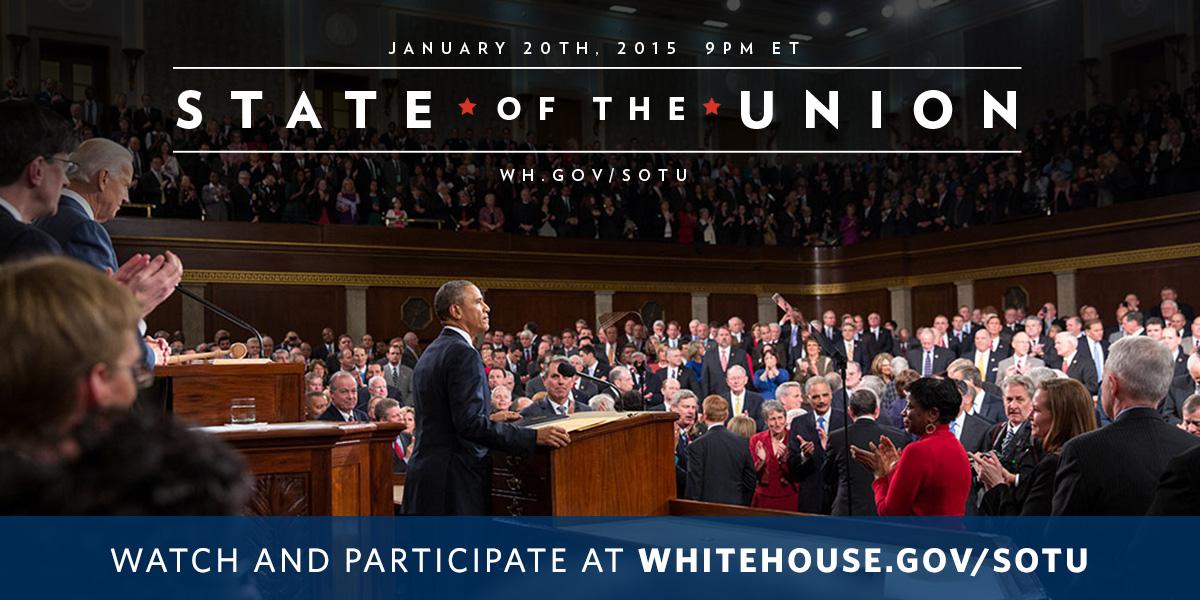
By summer intern Jordan Soto
When I was young it was my dream to be the President of the United States. At five years old until around middle school I adamantly expressed my aspiration of becoming the leader of the free world to anyone who would listen and even to those who didn’t. Many thought this was silly but to me it was reality. Fortunately, I was blessed with parents who were able to provide many opportunities while always supporting me no matter what. I was always told that I could do anything I wanted and I believed it. Encouragement is important but without a viable pathway toward success, sadly it can futile.
I no longer wish to pursue that lofty career goal but I do, however, want to be an advocate promoting important issues that I am passionate about. One such issue is the increased need for quality affordable child care and early childhood education, especially for children from low-income families. Going into my third and final year of law school (thank goodness) I knew it was important to think about the trajectory of my career when determining where to spend my final summer before finding actual employment. Since the beginning of my law school career I have been interested in taking a somewhat different post-graduation route than many of my fellow classmates. I plan to employ the legal knowledge and skill I have attained to really help people in a meaningful way, but on a more holistic rather than individual level. Having a strong understanding of the law can be utilized as an essential tool in promoting important policy and social change benefiting those who need it most.
In my search for a summer internship, I knew that I wanted to get involved with an organization doing positive work at the national level. Opportunely, I connected with some great people at Child Care Aware® of America and shortly after, enthusiastically accepted a summer policy internship position. So this summer I have had the pleasure of learning from the policy team at CCAoA. I was not really sure what my experience would be like but what I did know was that this organization is the nation’s leading voice on child care so I was quite confident that it would be a positive one.
I have learned so much working with amazing, intelligent and passionate individuals. Further, I truly believe that the work done at Child Care Aware® of America is not only vital to the success of children but to our country as a whole. Early childhood education and child care provide an atmosphere that facilitates strong early development and promotes school readiness. These factors greatly increase children’s chances of success and open pathways that may have been otherwise unavailable. When children get a good start they are more likely to graduate high school, go to college and stay out of the juvenile justice system. This experience taught me what it means to be a strong advocate and promote policies that could have a huge impact on our most vulnerable citizens. Quality affordable child care is important but I have realized it is even more than that, it is a necessity.
The unfortunate reality is that many children do not have the access, means or support that I did growing up. Many children may never have the opportunity or ability to pursue their dreams. Without these services many families face significant roadblocks to prosperity and are simply unable to pull themselves out of the cycle of poverty. These facts are unjust and unfair. Every child in this country should have access to opportunities, regardless of background or socioeconomic status. Every child deserves a chance to dream BIG and find success. Early childhood education and child care is the answer and I have learned what part I can play in making that idea a reality.
Thank you, Child Care Aware® of America for solidifying what is important to me as an individual and as a young professional. I have learned so much about myself, policy, and the importance of being an advocate. I will be leaving this experience with a profound desire to be a part of something much bigger than me. For all these things and more, this was a remarkable and irreplaceable experience.

 By Summer Intern Makala Graves
By Summer Intern Makala Graves By Summer Intern Makala Graves
By Summer Intern Makala Graves
 By Summer Intern, Emma Boelter
By Summer Intern, Emma Boelter
 Tonight, January 20, 2015 at 9PM Eastern, President Barack Obama will deliver the annual State of the Union address. President Obama’s State of the Union address will focus on middle-class economics and provide some new proposals to help families offset the burden of child care costs.
Tonight, January 20, 2015 at 9PM Eastern, President Barack Obama will deliver the annual State of the Union address. President Obama’s State of the Union address will focus on middle-class economics and provide some new proposals to help families offset the burden of child care costs.



You must be logged in to post a comment.